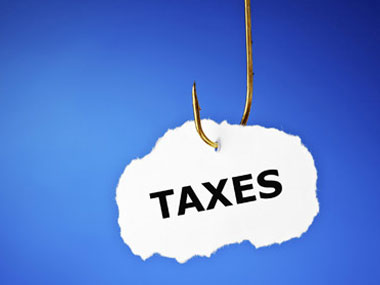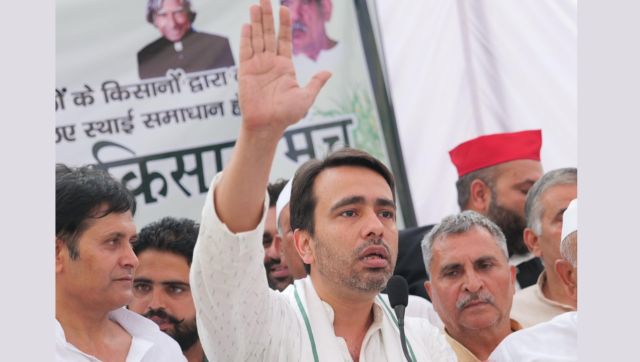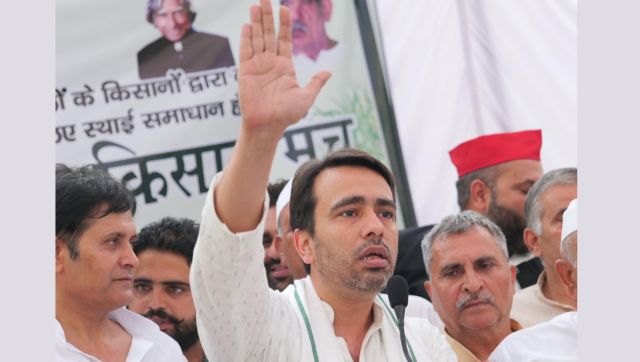Soothsaying is a difficult business. If it comes out right, you get no credit – for you were supposed to get it right in the first place. If you get it wrong, God save you from the ignominy. You were supposed to know but you have turned out to be such an incompetent guy. So, heads you lose, tails you lose even more.
So, let me start with a disclaimer. It is not that I am predicting the outcome of the budget. But what the budget should contain. I will dwell a bit on the probability of that happening, by sticking my neck out a bit.
The most important aspect of the budget from the mango man’s point of view is the tax structure. I don’t want to be a purveyor of bad news, but don’t expect too much here.
The best one may be able to get is a small tweak in the exemption limit for normal citizens and probably a similar amount for senior citizens as well. The tax slabs are not expected to change as the government may use the headroom in giving a growth impetus to the economy by spending on infrastructure or spending on social projects. Fortunately, the lower price of crude has given that wiggle room.
Section 80C is a crowded space as of now. There is EPF, PPF, NSC, five-year FDs, ELSS, principal component of home loan etc., where one could invest and get deductions upto Rs 1.5 lakh. This probably will not change.
Rajiv Gandhi Equity Savings scheme (RGESS) is widely expected to be tweaked to include all investors, instead of only the new investors as it is now. Also, income limitations may be done away with so that it is possible for anyone at all to invest in it. The other tweak that can be expected is that the tax exemption would be 100 percent, instead of 50 percent as at present. Cumulatively, these things should kick-start a moribund product.
Similarly, the additional Rs 50,000 per annum available under Sec 80CCD (1B) for contribution to NPS is also not expected to be amended. There can be new sections like these to specifically enable investments into specific product categories like insurance (which has been a long standing demand). Hence, there is a possibility of emergence of a new section, specifically for insurance, to the tune of Rs 50,000 to Rs 1 Lakh. The insurance sector is having its own problems and the government may want to provide this impetus.
There is a Rs 25,000 pa deduction available under Section 80D for contributions to medical insurance premium. It goes to Rs 30,000 per annum if one is a senior citizen. These amounts are adequate and hence is not expected to be adjusted upwards. Education loan interest amounts are fully exempt and hence there is no scope for bettering that either.
There may not be anything else of significance in this budget from the personal taxation view point. Medical exemption of Rs 15,000 per annum may be revised to Rs 20,000-25,000. This will be a purely cosmetic measure even if it sees the light of the day; this may not significantly alter the benefits received in view of the potentially paltry increase.
Conveyance was revised from Rs 800 per month to Rs 1,600 last budget and hence no revision is expected this time around. LTA amount may become tax free every year, which can be a significant benefit.
There can be some relief in the real estate sector. The focus is expected to be on the residential home. Interest subvention for lower category homes can go up. Also, the definition of low cost homes itself may be expanded. The deduction available under Section 24 for interest paid on homes may be increased. Only Rs 2,000 pm is available as a deduction to people who do not have HRA in their salary structure or are self-employed.
This is significantly lower as compared to the benefit that is otherwise available. This may get corrected. Real Estate sector may also get many other sops as this is seen as a mother industry which can have significant ripple effect on the economy.
There are going to be some measures in the budget which may undo any potential savings citizens would get elsewhere. Service tax rates itself may be revised upwards to 16-18 percent to move closer to GST levels.
This will have a massive ripple effect on the costs for all the citizens, undoing any savings made possible in the budget. Also, excise duties can go up in some products which can potentially reduce the savings made possible by other sections. This would be like one hand giving & another hand taking it away.
Overall, it may be neutral for most citizens. But you can expect a lot of action on asset creation, allocation for social objectives, skill development, enabling business and the like, in the budget. In that sense, our finance minister is expected to provide the impetus needed for the forward march.
The author is is the Founder of Ladder7 Financial Advisories, a specialist Financial Planning/ advisory firm


)




)
)
)
)
)
)
)
)